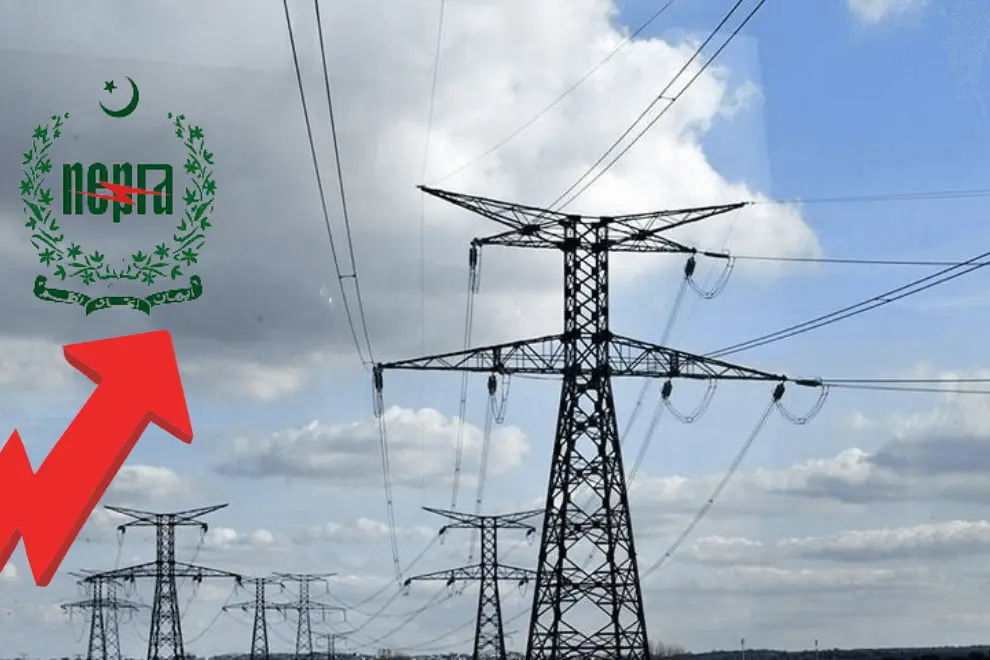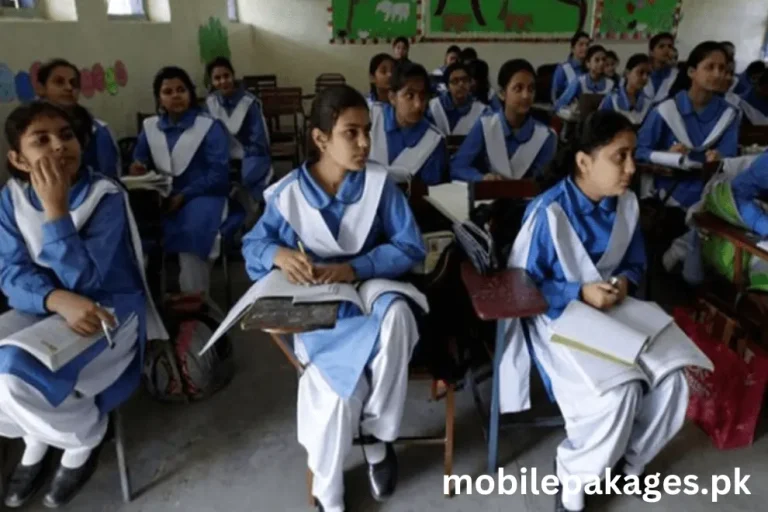NEPRA has Increased the Cost of Electricity By Rs. 4.12 Per Unit

The National Electric Power Regulation Authority (NEPRA) in Pakistan has recently declared a substantial rise in electricity rates by Rs 4.12 per unit, affecting consumer bills in January 2024. This increase, however, does not apply to Lifeline consumers and those using K-Electric (KE) services. This move is part of NEPRA’s strategy to standardize electricity prices nationwide.
Standardizing Electricity Prices
NEPRA’s latest decision to increase the electricity tariff is aimed at establishing equitable pricing for all electricity users in Pakistan. Lifeline users, representing the lower socio-economic groups, and KE customers are exempt from this hike, ensuring some relief for these groups.
Additional Fees for K-Electric Customers
Although the general tariff hike does not impact KE customers, NEPRA has sanctioned an extra rise of Rs 1.72 per unit specifically for them. It is related to the third-quarter adjustment fees from the last fiscal year, involving Rs 1.25 per unit for January to March 2023 and Rs 0.47 per unit for October to December 2022. These extra charges will affect Karachi’s electricity bills from January to March 2024.
Consequences of the Increased Tariff
This rise in the electricity tariff is anticipated to significantly affect consumers, especially in Karachi, which relies on K-Electric. The city has experienced several tariff increases due to factors like energy purchasing costs and other adjustments. NEPRA’s decision has been sent to the federal government for notification and action, awaiting its formal publication in the NEPRA Gazette.
The National Electric Power Regulation Authority’s (NEPRA) New Tariff Strategy
The National Electric Power Regulation Authority (NEPRA) in Pakistan has announced a substantial rise in electricity rates by Rs 4.12 per unit, slated to affect consumer bills from January 2024. Notably, Lifeline consumers and K-Electric (KE) users are exempt from this increase.
Understanding the Impact Across Different Sectors
The tariff hike is expected to have diverse impacts. Households may see a significant increase in their monthly expenses, while industries might face higher operating costs, potentially affecting product prices. Small businesses, already grappling with tight margins, could find this increase particularly challenging.
Regional Comparison and Global Perspective
When compared to neighbouring countries, Pakistan’s electricity tariffs present a unique picture. For instance, India and Bangladesh have different tariff structures and subsidies, which might influence their consumer prices in distinct ways.
Insights from Energy Experts
Experts suggest that this tariff hike is crucial for maintaining the financial viability of Pakistan’s energy sector. However, they also warn of potential short-term economic strains, advising gradual implementation to minimize shock to the economy.
Historical Tariff Trends in Pakistan
Historically, Pakistan’s electricity tariffs have fluctuated due to various factors like fuel costs, energy mix, and government subsidies. This recent increase is part of a long-standing effort to rationalize energy prices and reduce fiscal deficits related to energy subsidies.
Consumer Sentiments and Reactions
Initial reactions from consumers vary, with many expressing concerns about affordability. There’s a growing demand for transparency in how these tariffs are calculated and implemented.
The Rise of Renewable Energy
The discussion around renewable energy has gained momentum, with experts advocating for more investment in solar and wind energy to stabilize future tariffs and reduce reliance on imported fuels.
Government’s Role in Energy Pricing
Government policies, including subsidies and regulatory mechanisms, play a significant role in determining electricity tariffs. The current hike might be part of a broader strategy to reduce subsidy burdens and encourage efficient energy use.
Navigating the Economic Terrain
Economists predict that the tariff hike could contribute to inflationary pressures, affecting the overall cost of living and economic conditions in Pakistan.
Tips for Efficient Energy Usage
Consumers can mitigate some impact of the tariff increase by adopting energy-saving practices like using LED lighting, efficient appliances, and reducing unnecessary electricity usage.
Check More:




